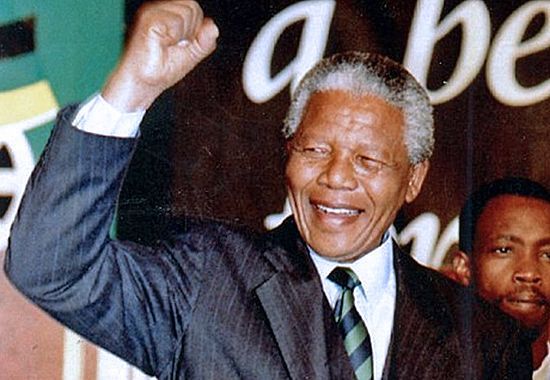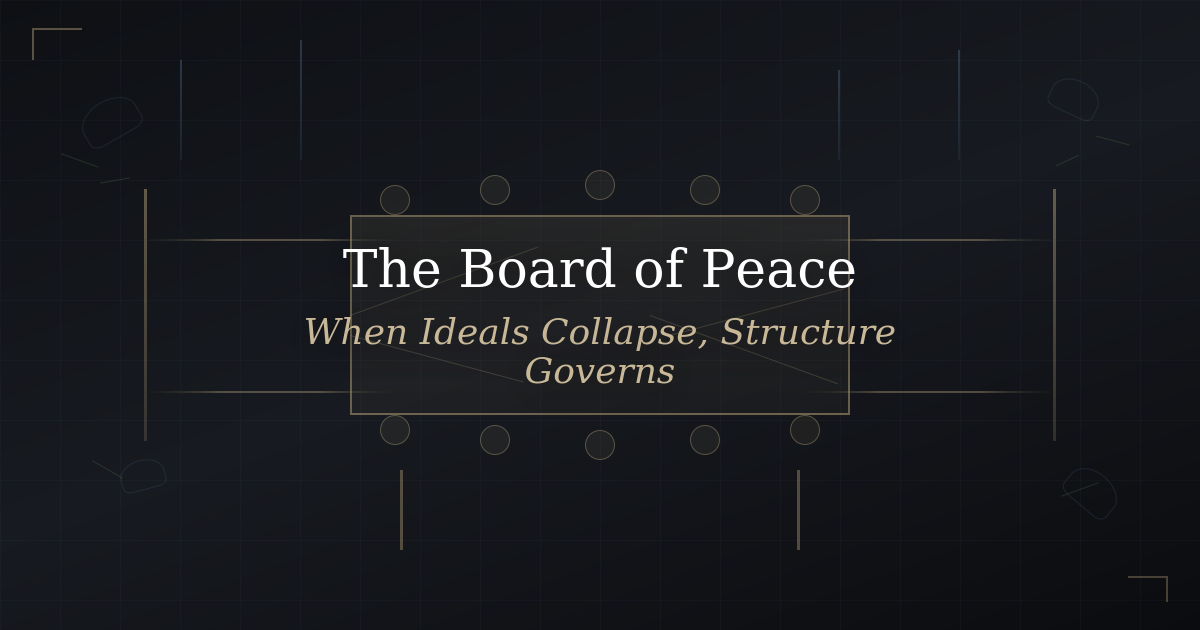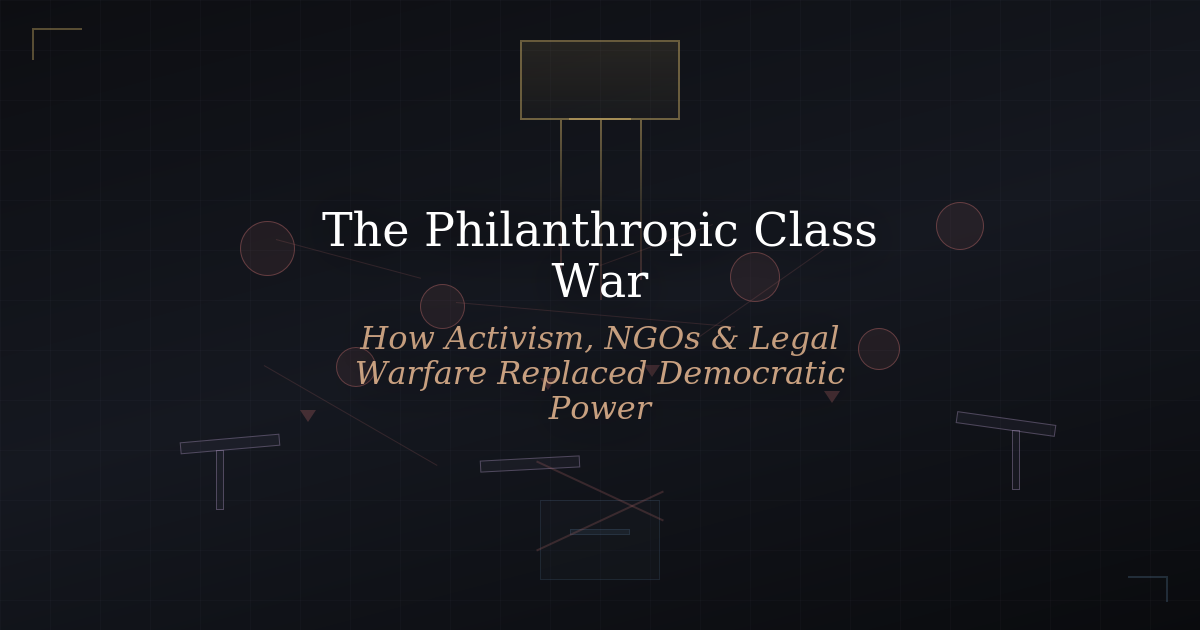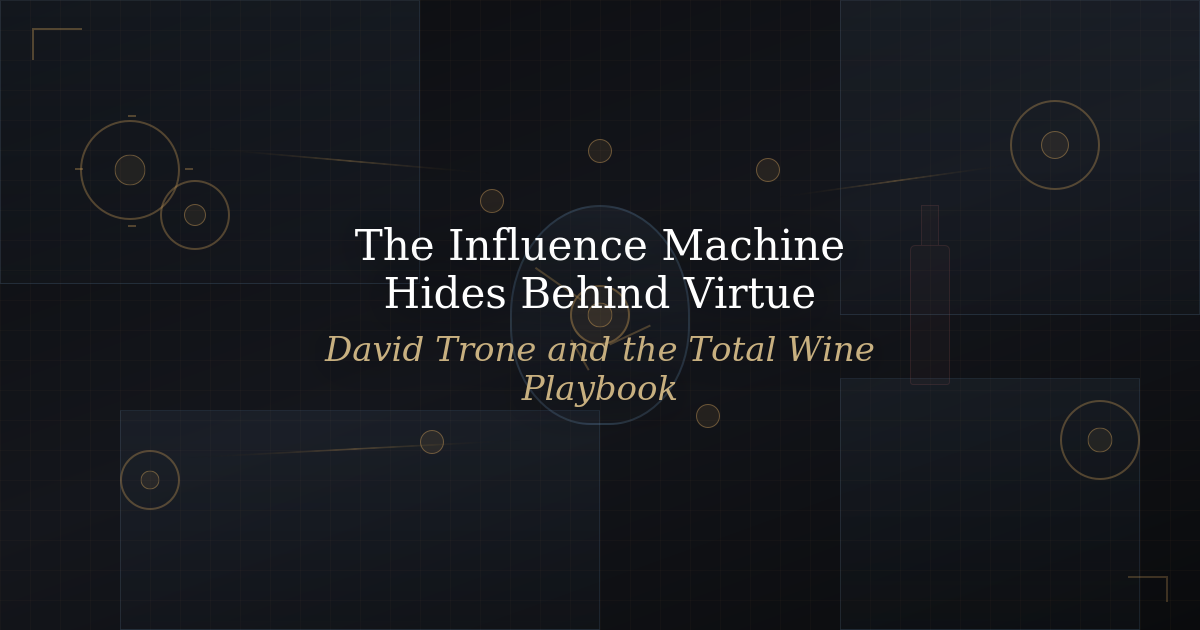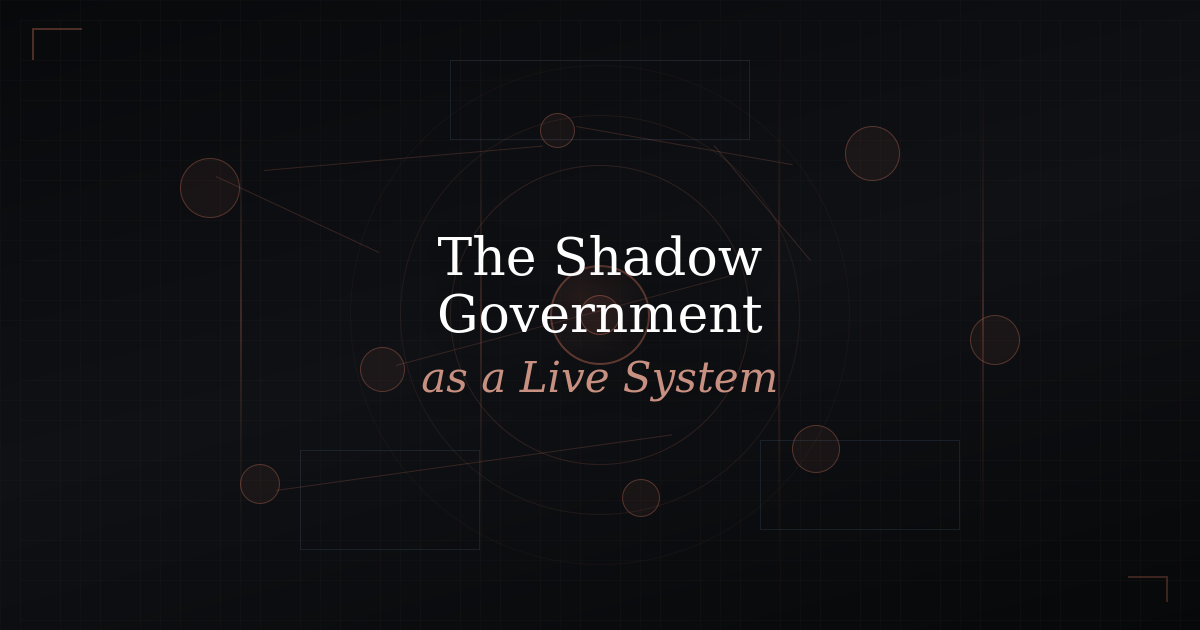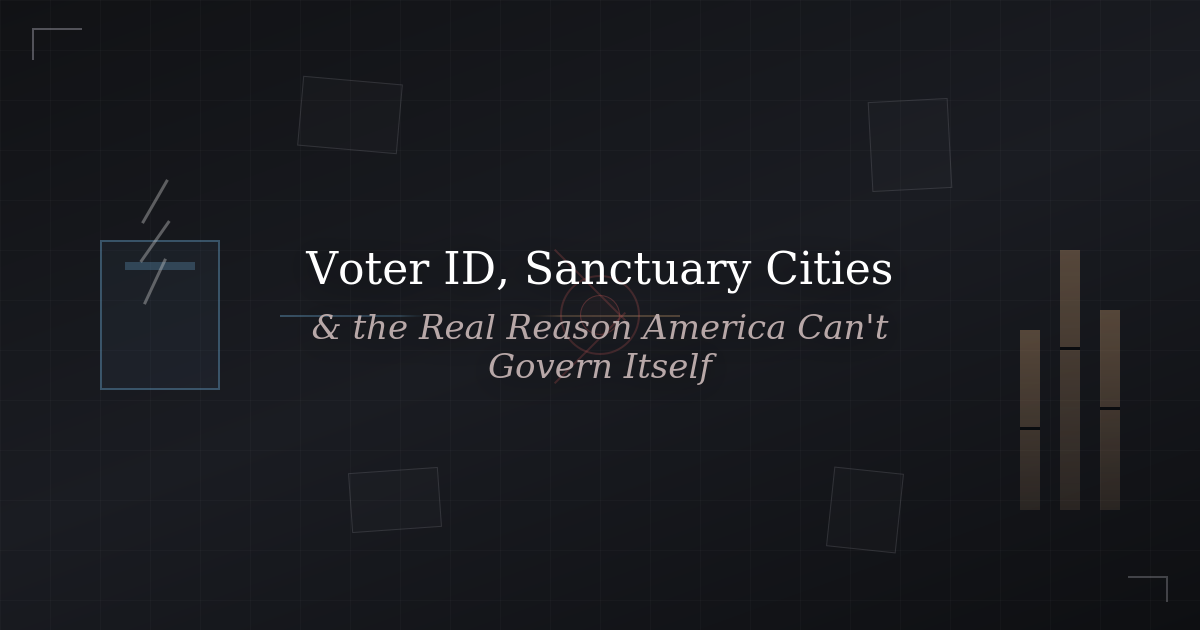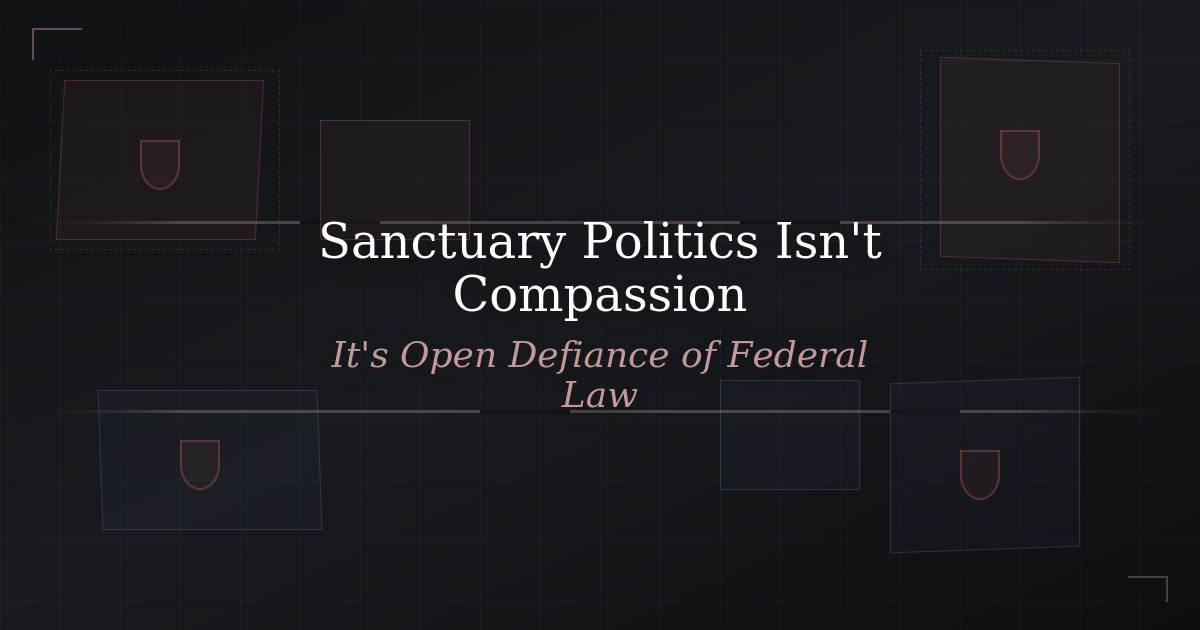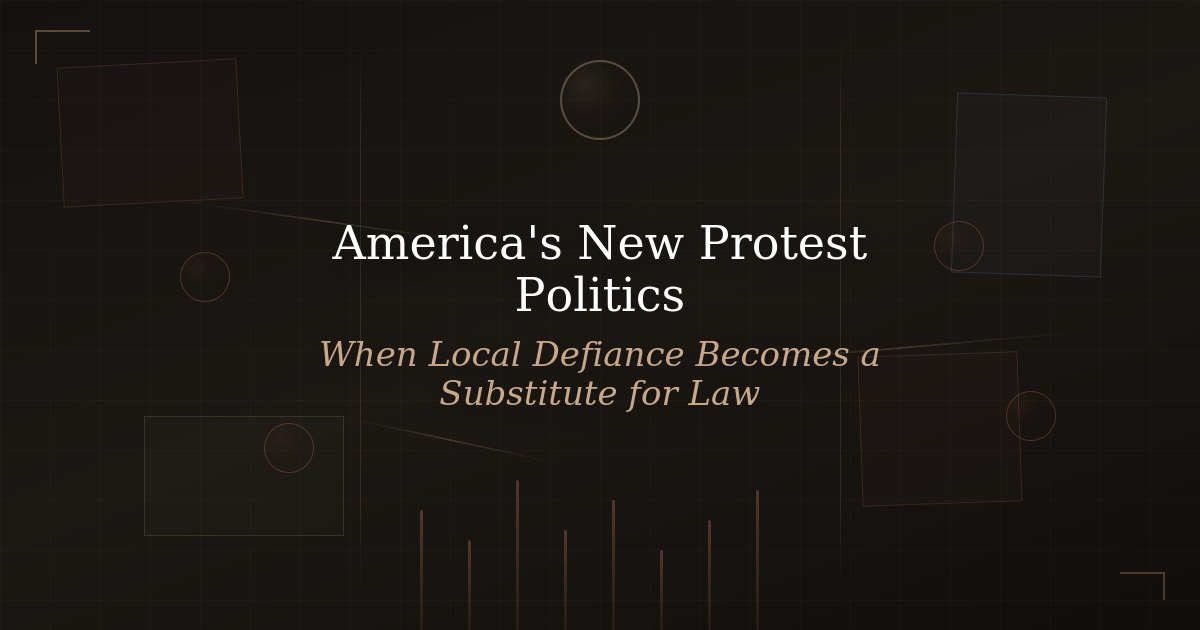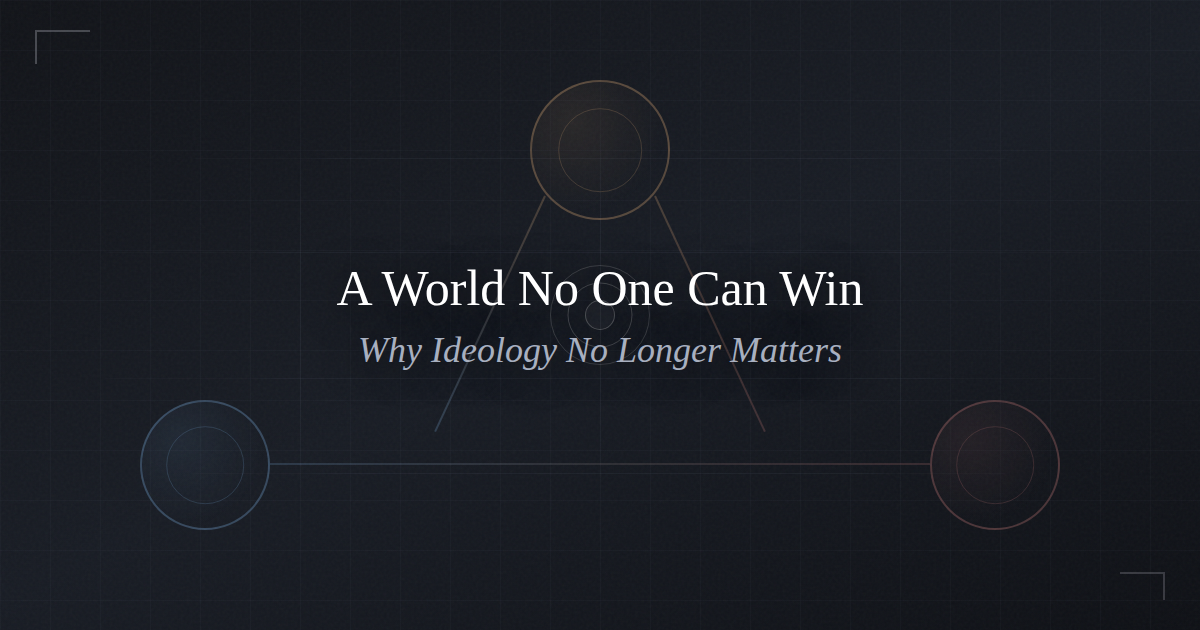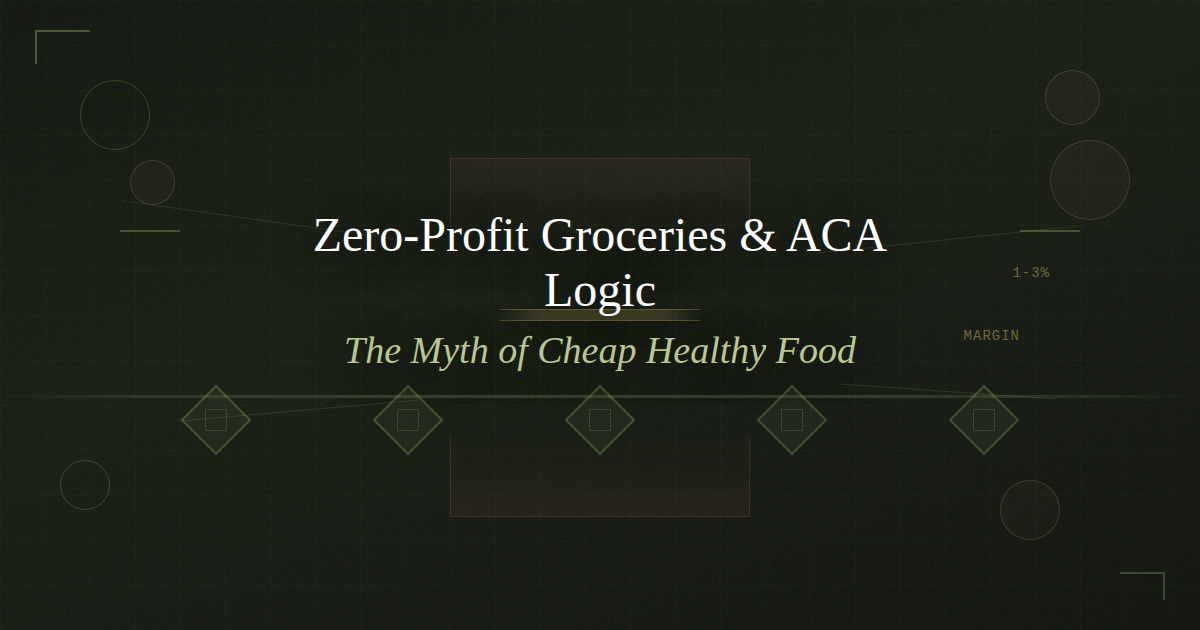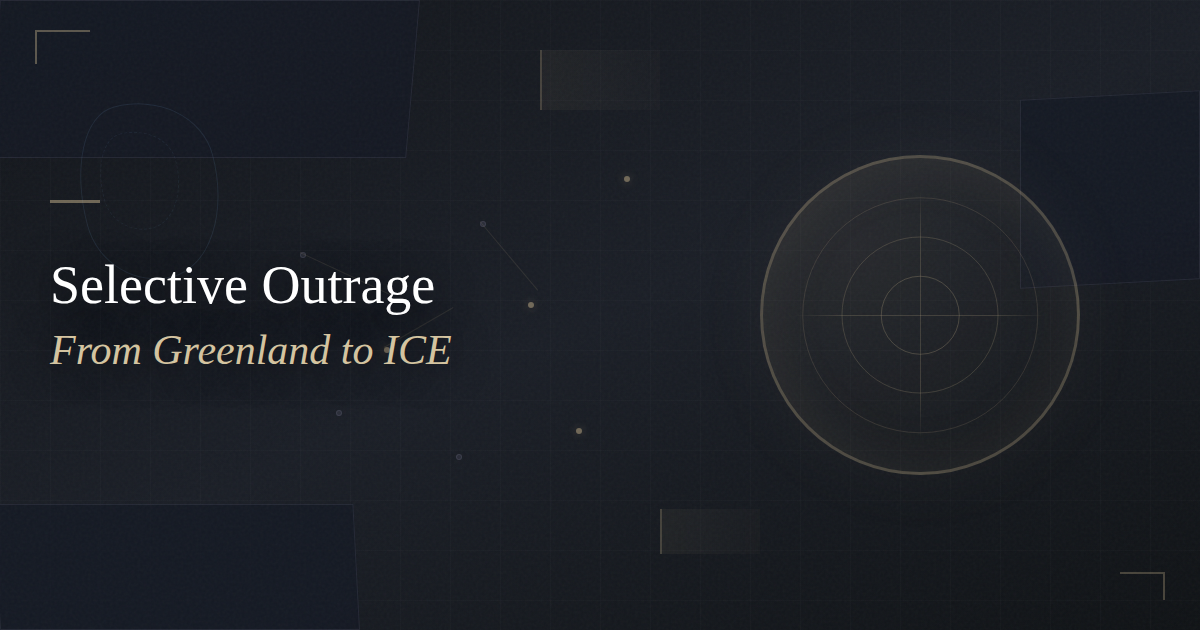Israel, Palestine, South Africa, and Western Morality
As a continuation of the summit in Helsinki , the following conference that included Presidents Bush and Gorbachev took place in November 1990 in Paris. The conference included 34 nations, each a part of the Conference on Security and Cooperation in Europe (CSCE) . The conference resulted in the signing of the Conventional Armed Forces in Europe (CFE) treaty by members of NATO and the Warsaw Pact. The states of the CSCE also made arrangements to hold similar high-level political meetings regularly to build upon efforts to prevent conflict, control arms, and safeguard elections within these countries. [4]
Netanyahu, Israel’s Premier, invokes the Old Testament—an eye for an eye and a tooth for a tooth. Since Israel and its supporters portray it as the homeland of Jesus, perhaps the phrase love your enemies was forgotten when the British mandate over Palestine expired and the State of Israel was born—with official recognition from both the U.S. and USSR. With the latest escalation in the conflict and a vow to eliminate Hamas , it appears that the escalation includes the elimination of Gaza . Those unable to flee are seemingly treated as legitimate targets in what some interpret as a strategy to clear the territory for Israeli expansion. What about Trump’s plan to buy the territory and rebuild? That would involve resettling many refugees, but is that worse than killing them? Trump is turning his focus to the broader Middle East , aiming to unite the “non-violent” actors and build a peace coalition, thereby restraining Iran’s allies (presumed to have UN protection), who are often seen as the root of instability. So why are evangelicals supporting the violence —alongside the Jewish elite— while the Left and Europe begin to reconsider their stance ? Are all Palestinians terrorists? What is the true meaning of “from the River to the Sea” —a call for democracy or a religious conflict between Islam and Christianity? And then there’s the UN, watching? And the new Pope, pleading for aid —but peace talks? Only Trump?
Shortly after his inauguration, Chancellor Merz made his mark on German politics by deploying permanent troops to Lithuania— you be the judge —possibly to support allies under the guise of protection. His actions won’t help global stability, and insiders in Germany do not dismiss the possibility of aggression reminiscent of WWII, now reframed under the narrative that Russia is the enemy. He will certainly support Zelensky unconditionally, using the war as justification to rebuild EU military strength. European Union leaders concluded a busy defense-focused week by endorsing a landmark plan to unlock €800 billion ($866 billion) in European military spending—though internal political divisions remain.
Nelson Mandela, upon becoming South Africa’s president, emphasized moving forward together—not retaliating for the past. One reason for his divorce was reportedly that his wife had a more radical, vengeance-driven outlook, which he believed was incompatible with building a democratic society. Yes, apartheid was real, but reversing the oppression with retribution only prolongs emotional wounds. One has to ask what is just . Perhaps Trump has a point— crime is rampant . But of course, there are always two sides to a story .
Nelson Mandela's greatest accomplishment was to unify South Africa and push for reconciliation between blacks and whites in the post-apartheid era, F.W. de Klerk, the country’s last white president, said on Thursday.
"He was a great unifier and a very, very special man in this regard beyond everything else he did. This emphasis on reconciliation was his biggest legacy," de Klerk, 77, said in an interview with CNN after the announcement of Mandela’s death at age 95.
Almost thirty years later, amid high levels of poverty and deprivation, and the deterioration of social services, the question is being asked ever more urgently: did the ANC sell out the ideals of the liberation struggle?
split


